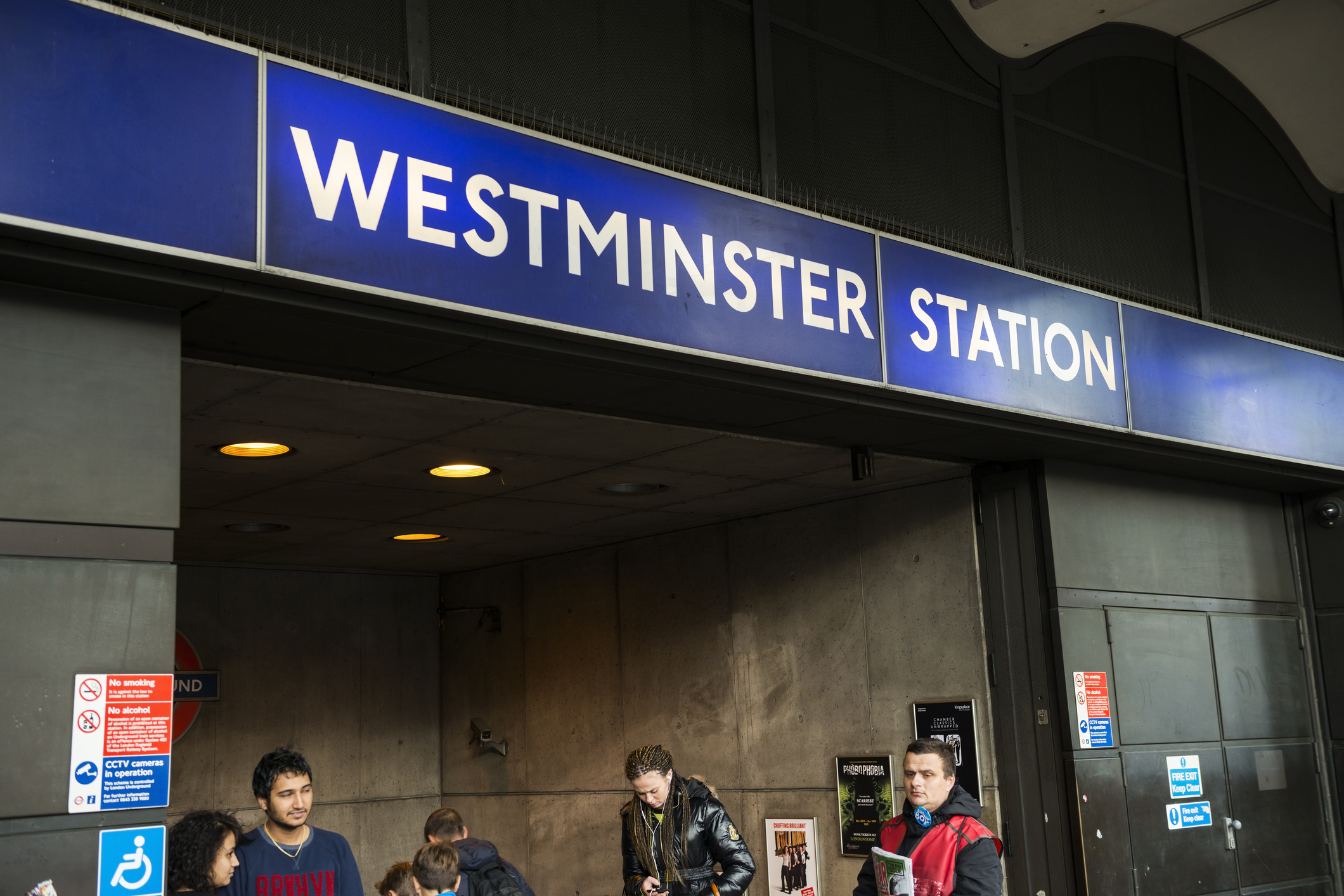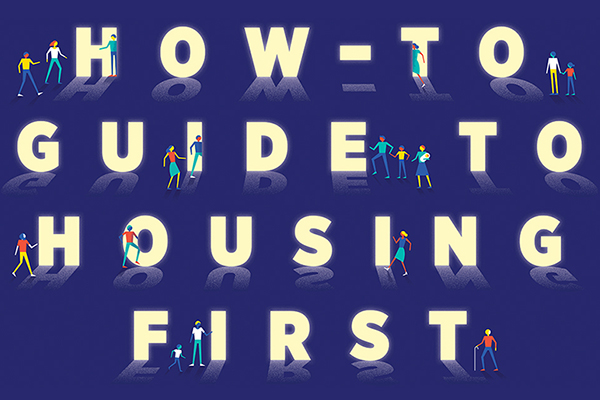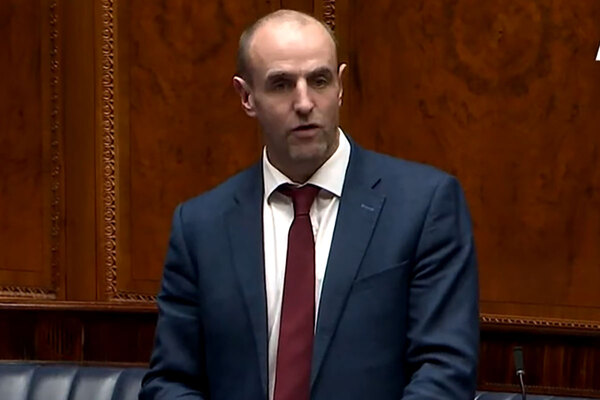You are viewing 1 of your 1 free articles
We need to review the legal definition of homelessness
The death of a rough sleeper close to parliament shows the urgency of action needed to tackle homelessness, says Paul Noblet
The death on parliament’s doorstep of Marcos Amaral Gourgel has once again highlighted the urgency with which the government and local authorities need to tackle the scourge of rough sleeping, and homelessness all together.
Many local authorities, and indeed many MPs across the political spectrum, have prioritised tackling homelessness for decades, but this needless death in Westminster must be the spur to action by all MPs and councils.
But what form should that action take?
“It is vital we stop the erosion of supported and emergency accommodation.”
At a local level, the logical first step is prevention, stopping people becoming homeless in the first place by making better use of existing services to support families, through mediation or respite services.
But the reality is that many young people will simply not be welcome to return to the family home. That is why it is vital we stop the erosion of supported and emergency accommodation.
As council budgets have been slashed we have seen increasing numbers of bed spaces cut and a rise in rough sleeping as local authorities find themselves able to only support those who meet the narrow, legal definition of homelessness.
Councils can innovate and share best practice but without commensurate funding, local authorities will be fighting to reverse the rising tide of homelessness with one arm behind their backs.
Whether it is through increases in funding or legislative change, the responsibility for ending rough sleeping and homelessness sits firmly with national government.
As the government is fond of repeating, they are committed to halving rough sleeping by 2022 and eliminating it altogether by 2027. They have also committed a billion pounds to tackle homelessness, including for Housing First pilots.
This is a good start, and it has sparked an arms race amongst the major political parties to go further, which will keep homelessness closer to the top of the political agenda. But it is just that: a start.
Hailed as the most ambitious legislation in decades, from April the Homelessness Reduction Act will oblige local authorities to assess all those at risk of homelessness, sooner.
The act also features a new duty to refer, whereby other agencies and public services coming into contact with those who are homeless or at risk of homelessness will have a legal obligation to highlight with the local authority the problems that individual is facing.
Centrepoint will play its part through Centrepoint Helpline, a service designed to offer young people advice and guidance if they find themselves without a home.
Via our website or by phone – and soon through live chat – we can advise a young person as to what support they can access and where locally they can go to get it.
We also want the helpline to be a key resource to professionals such as GPs, teachers and those working in housing associations so they can play their part in tackling homelessness and rough sleeping.
“We need to look at what our neighbours in Scotland and Wales have done.”
Resources such as Centrepoint’s Helpline and the government’s funding of new pilot schemes can of course make a difference.
But more than anything perhaps in England we need to look at what our neighbours in Scotland and Wales have done and fundamentally review the legal definition of homelessness – a proposal perhaps after a tragic death on their doorstep could command the majority support of MPs.
Paul Noblet, head of public affairs, Centrepoint












